Understanding the Differences Between Website Design and Web Development for Your Small Business
In today's digital age, a strong online presence is crucial for the success of any small business. A well-designed and functional website is your business's foundation, serving as the central hub for your brand's data, communication, and influence.
When it comes to creating or revamping your website, understanding the distinction between website design and web development is essential. These two components, while interdependent, involve different skill sets and focus areas. Knowing the differences will help you make informed decisions when choosing an agency to develop your website.
The Importance of a Website for Business Success
A website is more than just a digital storefront; it's a powerful tool for data collection, branding, and communication. Here’s why a website is fundamental to business success:
Data Collection: Websites provide valuable insights into customer behavior, preferences, and demographics. Tools like Google Analytics allow businesses to track visitor activity, identify popular products or services, and make data-driven decisions to improve their offerings.
Branding: Your website is not just a key component of your brand identity, it’s often the first interaction potential customers have with your business. This makes it crucial to leave a positive and lasting impression. Consistent branding across your website helps establish trust and credibility.
Communication: Your website is not just a digital platform, it's a direct communication channel between your business and your customers. You can engage with your audience, address their concerns, and build strong relationships through contact forms, live chat, and social media integration.
Definitions
Website Design is all about your site's visual aspects and user experience. It involves creating the layout, choosing color schemes, selecting typography, and ensuring the overall visual appeal. Tools commonly used by designers include Adobe XD, Sketch, and Figma.
On the other hand, Web Development focuses on the functionality and structure of the website. This involves coding, database management, and server configuration. Web developers use languages and tools such as HTML, CSS, JavaScript, Python, PHP, and MySQL to bring the design to life and ensure everything works seamlessly.
Key Components of Website Design
Visual Design: First impressions matter. The visual design of your website determines how appealing it is to visitors. This involves the use of color theory, typography, and imagery to create an attractive and engaging site.
User Interface (UI) Design: UI design is about the layout and structuring of elements on your site. A good UI design ensures intuitive navigation and easy access to information, which is crucial for keeping visitors on your site.
User Experience (UX) Design: UX design focuses on the overall experience of the user. It ensures that the site is easy to use, functional, and accessible, thereby enhancing user satisfaction and encouraging repeat visits.
Key Components of Web Development
Front-End Development: Front-end development involves creating the visual elements of the website using HTML, CSS, and JavaScript. It ensures that the site is responsive and works well across different browsers and devices.
Back-End Development: Back-end development deals with server-side scripting and database management. It involves using languages like PHP and Python and managing databases with systems like MySQL and MongoDB to ensure the site functions correctly.
Full-Stack Development: Full-stack developers have expertise in both front-end and back-end development. They understand the entire web development process, making them capable of handling all aspects of the site’s functionality.
Skill Sets and Tools
Website Designers: Designers need creative skills such as graphic design and color theory and proficiency in design tools like Adobe Creative Suite and Figma.
Web Developers: Developers require technical skills in coding and database management, along with proficiency in programming languages and frameworks such as React, Angular, and Django.
Collaboration Between Designers and Developers
Design Handoffs: This process involves sharing design assets and specifications with developers. Tools like Zeplin and InVision facilitate this collaboration, ensuring a smooth transition from design to development.
Development Implementation: Developers translate the design into a functional website. Ensuring consistency between the design and the final product is crucial, which requires ongoing communication between designers and developers.
Iterative Process: Creating a website is an iterative process involving continuous feedback and adjustments. Both designers and developers work together to solve design and technical challenges, ensuring the best possible outcome.
Career Paths and Job Roles
Website Design Roles:
- UI/UX Designer
- Graphic Designer
- Visual Designer
Web Development Roles:
- Front-End Developer
- Back-End Developer
- Full-Stack Developer
Real-World Applications and Examples
Successful collaboration between designers and developers is key to creating effective websites. For instance, a well-designed and well-developed website can significantly enhance user engagement and conversion rates. Look for agencies that showcase examples of websites with exceptional design and functionality in their portfolios.
Conclusion
Both website design and web development are crucial in creating a website that is not only visually appealing but also functional and user-friendly. A website is a powerful tool for small businesses, enabling data collection, strengthening brand identity, and facilitating direct communication with customers. When choosing an agency, consider their expertise in both areas to ensure your website meets your business's and your customers' needs.
References
For further reading, consider exploring resources like:
By understanding the differences between website design and web development, you can make a more informed decision and choose a growth marketing agency that will help your small business thrive online.

We connect brands with consumers
Beholder is a growth marketing agency dedicated to your success. We support an increase in awareness, sales & engagement by connecting brands with consumers.
Phone: 866-536-2555
Beholder Agency - Delaware
1000 NorthWest Street
Suite 1200
Wilmington, DE 19801
Phone: 302-907-2059
Beholder Agency - New Jersey
923 Haddonfield Road, Suite 300
Cherry Hill, NJ 08002
Phone: 856-699-2525
Strategy
Services
All Rights Reserved | Beholder Agency, LLC. | Privacy Policy
